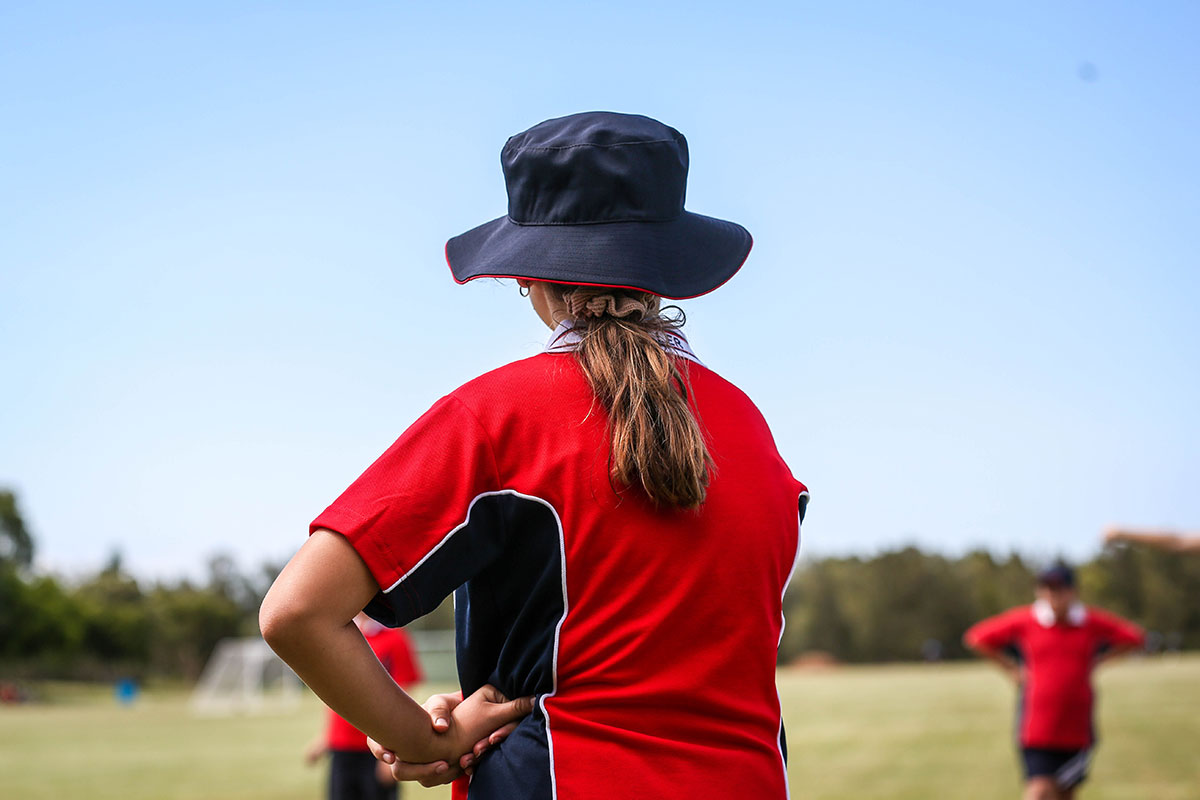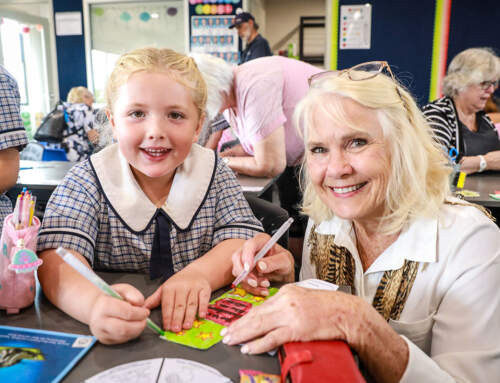Children provide parents with a rich and ever-present opportunity for personal and spiritual growth in which they trigger any unresolved issues from the past, sometimes without conscious awareness. Parenting brings with it a mixture of physical and emotional highs and lows. What’s more, children seem to have the unique ability to take you from an emotional high to an emotional low in a matter of 2.5 seconds! An element that has been found to improve the way in which we handle these highs and lows is the way we make sense of our own childhood. The way we make sense of and perceive our childhood has a profound impact on the way we parent and raise our children. Dr Daniel Siegal makes a great point that “We can’t change what happened to us as children, but we can change the way we think about those events” (Siegel, 2014).
Why is this Important?
Well, let’s say that little Johnny had a terrible experience when he was 6 because his Nanna passed away unexpectedly and tragically. He really struggled, crying most nights for about a year and his grades sank to an all-time low. Little Johnny’s mother and father were never ones to be empathic with him and his response to that situation was no different. Even though little Johnny craved to be held in his parents’ arms and comforted, that opportunity never came. Instead, in different ways they told little Johnny to “get over it”.
Fast forward 30 years and we have big Johnny, who now has a child of his own. Depending on how Big Johnny has made sense of his childhood will strongly influence how he responds to his own childs’ need for comfort and security. Without growth and healing, it is possible that Big Johnny will view the cry for comfort from his child as a trigger of his own pain and loss. He is likely to unconsciously shut down that behaviour in order to get rid of the emotion welling up inside himself. “When their [children’s] lives provoke the intolerable emotion in us, our inability to be aware of it consciously and to make sense of it in our own lives leaves us at risk of being unable to tolerate it in our children” (Siegal, 2014).
However, if Big Johnny had reflected upon and worked through the painful parts of his childhood and realised that the emotions he experienced back then were not wrong or inappropriate, it is more likely that Big Johnny can respond to his child with comfort and security. This is because he knows that the source of the pain resides in his past and NOT in his son’s cry for comfort. This conscious differentiation opens up the possibility of transformational and generational change.
As parents, when we are in times of high stress it becomes even easier and more likely that we will react in ways that reflect our own internal unresolved issues. If you find yourself reacting with high emotions in a situation where it might not be warranted, try pausing and reflecting (when you can) on your own reactions to determine whether they belong in that moment or in some unresolved past issue.
If you would like more information on this topic grab a copy of the book called “Parenting from the Inside Out” by clinical professor Daniel Siegal.
If you are concerned about your child and would like to refer them to the school counsellor, please contact front reception 07 3897 2990 or email admin@mueller.qld.edu.au.






